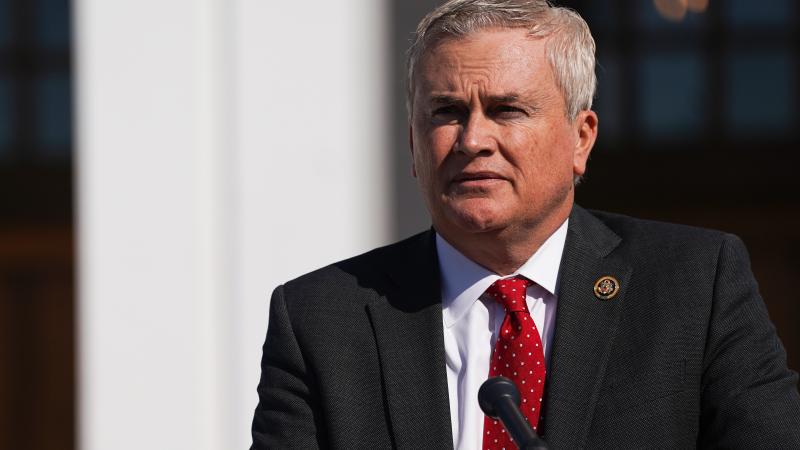New York becomes latest state to pass peer-to-peer car sharing law
Proponents claim will provide new economic opportunities for residents by allowing residents to offer their personal vehicles for short-term rentals.
A new law in New York now allows for peer-to-peer car sharing in the state, a move proponents claim will provide new economic opportunities for residents.
Car sharing allows residents to offer their personal vehicles for short-term rentals.
Gov. Kathy Hochul signed S6715/A2349 into law last week. Sponsored by Sen. Neil Breslin, D-Albany, and former Assemblyman (now Acting Secretary of State) Robert Rodriguez, D-Manhattan, the new law allows companies managing peer-to-peer programs to purchase group insurance. It also establishes taxes that will be used to fund mass transit and public transportation programs.
“Economic progress is often driven by marshaling available resources more efficiently rather than simply creating new resources,” wrote Breslin, who chairs the Senate Committee on Insurance, in the bill’s justification statement. “And history has taught us that when technological progress leads to more efficient production, such technologies have the potential to make a positive overall economic impact.”
The legislation had the support of the Chamber of Progress. It’s a national technology public policy organization that counts companies like Amazon, Apple, Google and Uber as corporate partners.
In a letter sent to Hochul earlier this month urging her to sign the bill, the chamber said peer-to-peer car sharing will promote more effective use of private vehicles and can ease transit issues across the state.
Montana Williams, the chamber’s director of state and local public policy, told Hochul that studies show most vehicles are not in use up to 95% of the time, and those idled vehicles can take up a lot of land within cities.
“Peer-to-peer car sharing services put privately-owned vehicles to more efficient use by repurposing underutilized cars and cutting down on the need for individual car ownership, garages, and storage,” Williams wrote.
Thousands of upstate New Yorkers do not own vehicles and need public transportation to meet their daily needs. However, public transportation systems aren’t always easily accessible or provide service to places individuals need to visit.
Williams also noted car sharing can provide residents with an additional source of income to mitigate the impact the COVID-19 pandemic has had on them economically.
The new law will take effect 90 days after Hochul signed the bill into law, which happened Dec. 22.
According to Turo, a car sharing service, New York became the 11th state in the country to enact a law in 2021 regarding peer-to-peer car sharing. In all, more than 20 states now allow the practice.
“Car sharing promises to be an important new part of our economy as it taps into our technological resources, and I believe it will further serve New York’s transportation needs,” Hochul said in her approval memo.
Hochul did work with lawmakers to incorporate an amendment that covers gaps in group insurance requirements and makes sure that participants don’t have their personal insurance voided because their vehicles are used in car sharing programs.
“We applaud Governor Hochul and members of the New York legislature for supporting consumer choice and innovation by enacting this law, and we look forward to working with regulatory agencies to bring peer-to-peer car sharing to the Empire State,” Turo CEO Andre Haddad said in a statement.
















